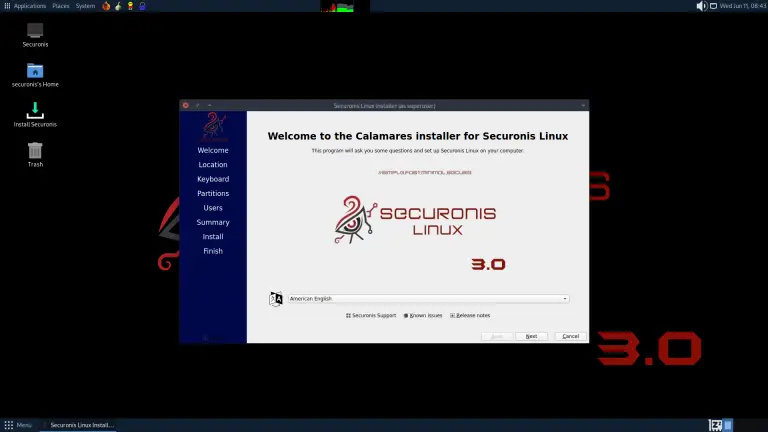
The forthcoming Linux 6.16 kernel introduces a wealth of compelling advancements in networking technology — encompassing both wired and wireless devices, as well as deep enhancements within the network stack itself.
The main networking pull request has already been merged, and, as is customary, this development cycle brings an especially extensive set of changes. Given Linux’s ubiquity — from embedded systems and consumer electronics to hyperscale servers running sophisticated network infrastructures — these improvements span the entire spectrum, from foundational TCP optimizations to support for cutting-edge network chipsets.
Among the most notable innovations is the introduction of TCP data transmission directly from device memory (such as GPU video memory) without intermediate copying. This paves the way for greater efficiency in high-performance computing and significantly accelerates data throughput. Another critical enhancement is a rework of IPv6 routing: routing table management has been moved outside the global RTNL lock, resulting in a threefold increase in remote access operation speed.
TCP buffer auto-tuning for incoming traffic has also been improved. In benchmark scenarios involving a single 200 Gbps connection, this yielded a throughput gain exceeding 60%. Enhancements to the GRO engine for UDP tunnels contributed an approximate 10% boost in streaming performance.
A historic milestone: the DCCP protocol, proposed over a decade ago as an alternative to TCP and UDP, has now been officially removed from the kernel.
At the driver level, numerous significant additions have arrived. Most notably, the kernel now includes OpenVPN DCO — a driver that allows OpenVPN traffic to be processed within kernel space, dramatically improving connection speeds. New drivers have been introduced for Ethernet chips from Realtek, AMD, and Aeonsemi, along with extended support for RDMA and PTP in the Intel IDPF driver. Mellanox developers have substantially reduced the memory footprint required for managing routing tables.
In wireless networking, performance has been improved, with added support for Wi-Fi 7 and Multi-Link Operation (MLO) in Mediatek, Realtek RTW88, and RTW89 drivers. mac80211 now offers faster and more stable network scanning. Additionally, Wake-on-LAN support has been added for the Realtek RTL8211 driver, and Bluetooth protocol handling has been expanded within the HCI driver layer.
Linux 6.16 is shaping up to be one of the most consequential updates to the networking subsystem in recent memory — enhancing flexibility, performance, and readiness for the evolving demands of tomorrow’s infrastructure.


